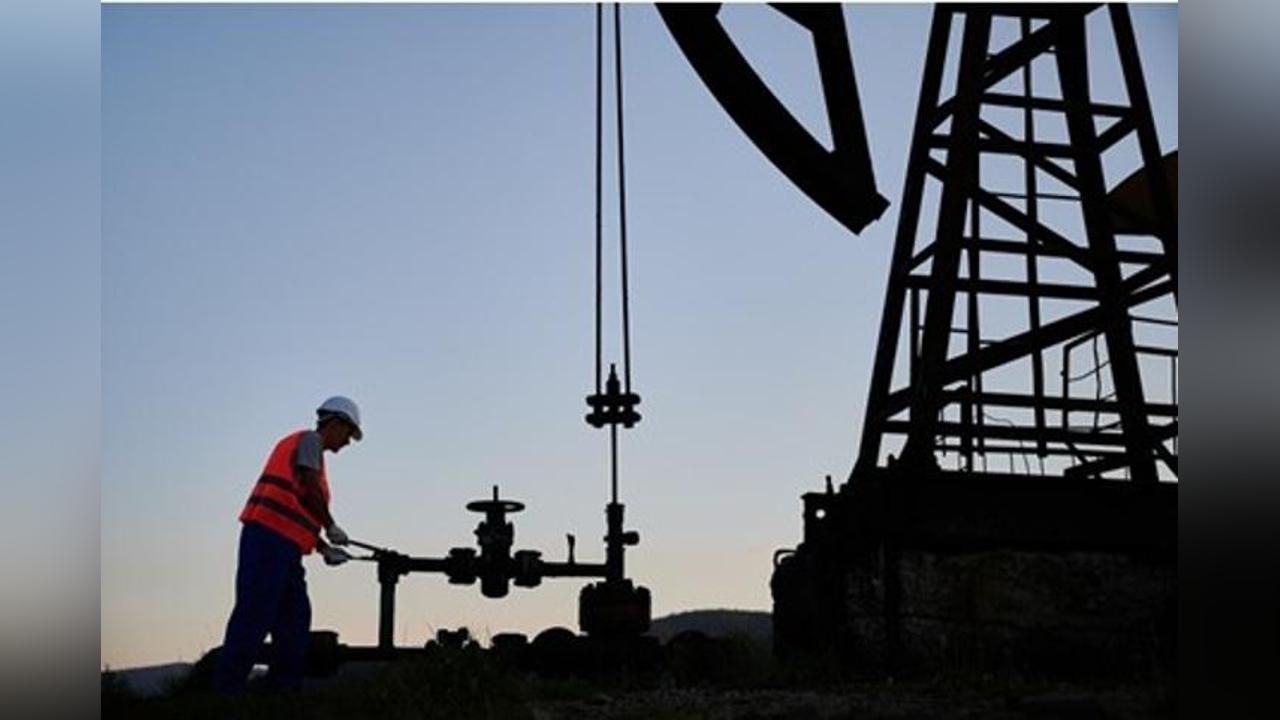By Pa Jagne
Africa-Press – Gambia. Lack of transparency in a nation’s oil and gas industry could lead to corruption, which we have seen in Africa for decades. There is nothing to learn about corruption in Africa regarding Oil and Gas. However, our leaders must learn from it to avert its adverse effect on citizens.
Almost all African countries with natural resources are counted as one of the poorest or the least developed. This is rather unfortunate, where a nation’s citizenry is supposed to be filthy rich per Capita and is unnecessarily suffering due to corruption.
Take Nigeria as an example. According to the Nigerian National Petroleum Corporation (NNPC), in 1972, Nigeria had a maximum crude oil production capacity of 2.5 million barrels per day. It was traditionally ranked Africa’s largest petroleum producer and the sixth largest in the world.
Nigeria’s petroleum industry is the largest, with proven Oil and Gas reserves of 37 billion barrels and 192 trillion cubic feet, respectively. This shows how lucrative the Oil and Gas business is. One would be forgiven for thinking Nigeria swims in Oil and Gas, which is far from it.
Returning to the controversy surrounding Gambia’s Oil and Gas industry and what can solve our problem, the Ministry of Petroleum and Energy should be the primary negotiator for the government regarding Oil and Gas concessions. This involves working with a commission of petroleum, which could be an autonomous entity separate from the ministry, as is the case in Gambia.
The commission of petroleum in some cases, a separate commission may be established to oversee and manage specific aspects of the Oil and Gas industry, including contract negotiations. The Commission’s role may vary depending on the jurisdiction and the legislation.
A concession is an agreement, often a contract, where a government grants a company (IOC) the right to explore for, develop, and produce Oil and Gas within a specific geographic area; this area is also referred to as a concession. The government typically receives benefits in return, such as royalties, bonus payments, or production sharing. Concessions are essential to Oil and Gas dealings between IOCs and the government.
Now, the most critical question is: What kind of concession does The Gambia government have with FAR Oil LTD, any other IOCS, and any fault-line neighbours, especially Senegal? There must be an agreement between these IOCs and Senegal.
A simple example for a layperson in a similar situation is if, for instance, there is a fence between neighbouring compounds. The shared fence serves as security for both compounds. However, the Demarcation of the parcel might favour one over the other.
This means that neighbours sharing the fault line or boundaries in an oil and gas system are geologically bound to have interconnected Oil deposits, but not necessarily the same amount. Oil could also migrate, causing one neighbour to have more Oil than the other.
Regarding dictator Yahya Jammeh, we all know that everything started during his time as president, and the discovery of Oil and Gas was also during his time. So he has some questions to answer, too. For him to hide in his shells and throw jabs without substantial evidence would not work.
For More News And Analysis About Gambia Follow Africa-Press






